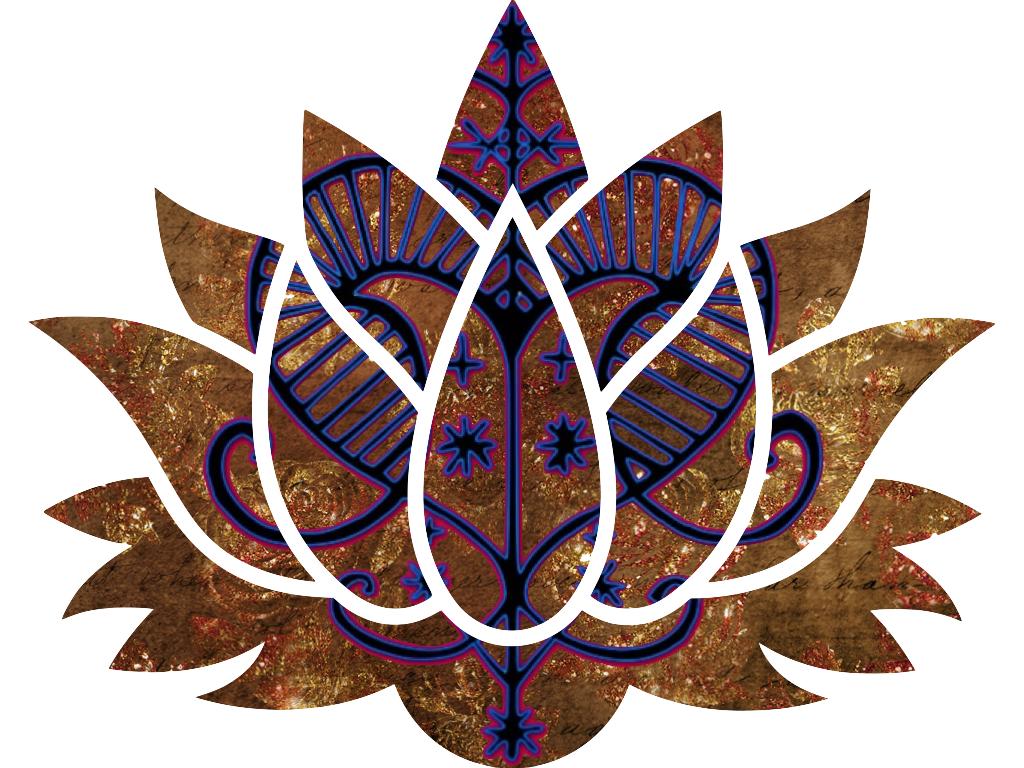
About
Susan James and Helene Lorenz are graduate school professors with histories of scholar/activism who upon meeting discovered that they were both deeply troubled by many of the orientations in the field of psychology that each had chosen years earlier. The list was long: a focus on individualism and interpersonal relationships without consideration of historical context and structural violence; unexamined commitments to Eurocentrism, modernism, and (sometimes) positivism; damage-centered accounts of communities of color alongside inflated narratives of dominant culture saviors arriving to heal and fix; attitudes of dismissal, appropriation, exoticism, or equivocation toward Afro-descendant and Indigenous cultures and practices; lack of awareness of the background coloniality of repeated racial “micro-aggressions,” which perpetrators attempt to excuse as unconscious; commitments to self-reflection as an antidote to bias that only re-inscribe the amnesias of the larger scope of coloniality in policies, texts, and performances, and the constant reiteration of calls for diversity and social justice with no resulting actions.
In the course of the eruption of important scholarship on decoloniality in the last ten years, we recognized many of the concepts from our involvements with Indigenous and Afro-descendant life-projects, ritual, ceremonial practices, convivialities, and political movements on several continents. We gradually realized how we could reframe our understandings of psychology in the light of these formulations. We learned with others about provisional grounded transformations that allow a process of evolution, trial and error, and continuous creation in theory and practice. Catherine Walsh suggests that decoloniality is not a goal but a path “to permanently sow, fertilize, feed, nurture, and harvest pedagogical actions to…herald life in an era of death...as a process, practice, project, and praxis of radically ‘other’ thinking, feeling, sensing being, knowing, doing, and living... not as a new paradigm but as a way, an option, a standpoint, and a practice.” This path also causes us to ask, “how does decoloniality challenge, interrogate, and/or interpolate ourselves” (Walsh in Mignolo and Walsh, 2018, p. 102), so that we can unlearn or unsettle what modernism/coloniality taught us in schools as universal and unchanging truths about ourselves and others. Learning side by side with amazing students and colleagues, we have been collaborating along this journey on teaching strategies, writing, and graphic mapping design since 2015.
Contact: Info@decoloniality.org
